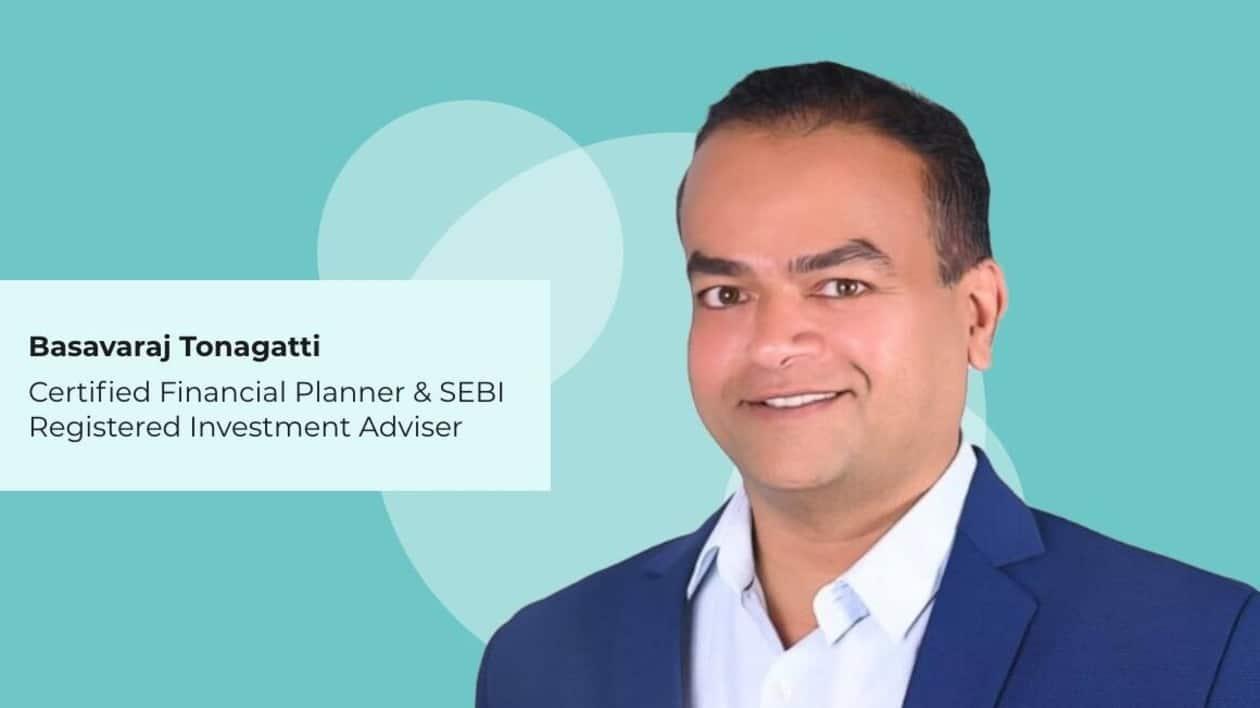Risk-averse investors may stick to debt funds or bank fixed deposits based on comfort and risk-taking ability, says Basavaraj Tonagatti, a Certified Financial Planner, SEBI Registered Investment Adviser and a Finance Blogger at BasuNivesh.
In an interview with MintGenie, Tonagatti suggests that investors must follow a strict asset allocation to sail through such a financial crisis.
Edited Excerpts:
Q. Debt funds have lost their indexation benefits, putting them at par with bank deposits. Given how our markets continue to be underpenetrated, do you think this move will boost equity investments in the long run?
I don’t think it will be a booster for the equity market. Because debt funds are typically sought after by investors whose goals are nearby, who do not take on risk in their portfolios, or for diversification purposes. Hence, they may either stick to debt funds or bank fixed deposits based on comfort and risk-taking ability. But, obviously, they may not move to equity.
Q. As indexation benefits on debt funds go away, what advice do you have for investors looking to save on taxes?
If you closely look at the other positive features of debt funds over bank fixed deposits or recurring deposits, you noticed that debt funds still have an edge.
For example, liquidity, ease of investing on monthly basis, no premature withdrawal penalty like bank fixed deposits, taxation only at the time of withdrawal (as liquidity is always there, we can in fact choose the time of withdrawal and can control the tax outgo) and short-term capital gain from debt mutual funds can be set off through short-term capital losses from any other asset (equity, debt, gold, real estate or foreign stocks).
In fact, I firmly believe that in the long run if you are a long-term investor in debt funds, then there is a high probability that gilt funds or corporate funds can easily beat the bank fixed deposit rates.
Q. The year 2023 seems to be unlike any other in the past. What investment plans would you suggest in light of growing inflation, banking and financial services crisis and geopolitical tensions?
Many of the concerns like inflation, financial crisis, or geopolitical crisis are not new to us. Also, we can’t expect them to end in the future. Hence, rather than predicting which are not under our control, I strongly suggest investors stick to the basics of investing like defining goals, doing the proper asset allocation, and monitoring their asset allocation once a year are a few of the strategies which are highly useful and remove the human emotional reactions to such crisis.
I am a firm believer in the long-term value of equity. But you have to follow the strict asset allocation to sail through such a financial crisis.
Q. What personal finance learnings does one learn from the recent SVB, Credit Suisse and Signature Bank crises?
- We can learn many things from such banking or financial institutions’ failures. A few of them are listed below.
- Humans and humans run banks and are therefore prone to error. Hence, expecting foolproof banking is impossible. Rather, we have to prepare ourselves.
- In the Indian context, we all know that due to Deposit Insurance and Credit Guarantee (DICGC), up to ₹5 lakhs is covered. However, if our investable amount is more than that, then we have to diversify among family members or among other banks. However, if you are looking for complete safety, then better to opt for Post Office Term Deposits.
- We can’t run away from risk. Hence, the only way forward is to manage the risk.
- Never chase the yield or high returns from your debt portfolio. It is meant either to fulfil your short-term requirements or for diversification. Hence, you have to be realistic with your return expectations. By chasing the returns from your debt portfolio, you are actually risking your money.
Q. Gold prices are increasing, causing many analysts to encourage investing in gold. Do you think parking money in sovereign gold bonds and gold ETFs makes sense for investors looking to accumulate a sizeable corpus in the long run?
If you look back at the gold price history, you noticed that the volatility of gold is like equity and returns also vary widely (even after holding for a long term). Hence, rather than just concentrating on a current uptrend in the gold price, you have to look back at the past price movement of gold. You can use sovereign gold bonds (SGBs) when you need the gold may be after eight years or so. Otherwise, I don’t think investing in SGBs or gold ETFs is worth considering for your portfolio. History is proof that by investing in gold for the long term, you may still earn a probable negative real return.
If the goal is to buy gold in the future, then rather than accumulating it through gold, why not use the debt and equity to accumulate the corpus and then can buy gold for usage? This in my view seems to be a sensible idea.
Q. People not acquainted with finance sync their financial goals with their major life events. What measures do you suggest for new-age investors for investing and planning their investment goals?
Start as soon as possible with what you have. If you look at the compounding formula cautiously, you noticed that only two things are under our control. The first one is how much we can invest and the second one is how long we hold. As a result, it is always beneficial to get started early, allocate your assets appropriately between debt and equity, examine your portfolio once a year (rebalance if there is a significant difference), and keep things as simple as you can.
